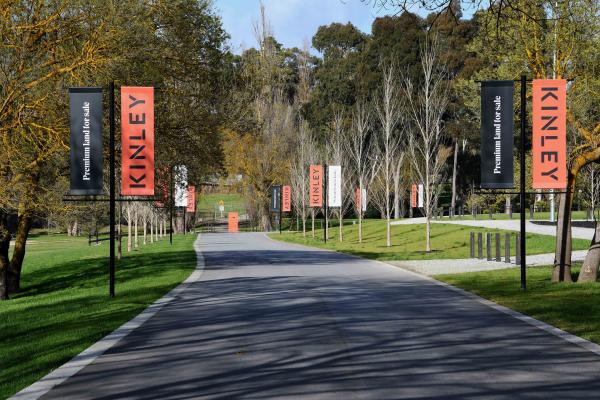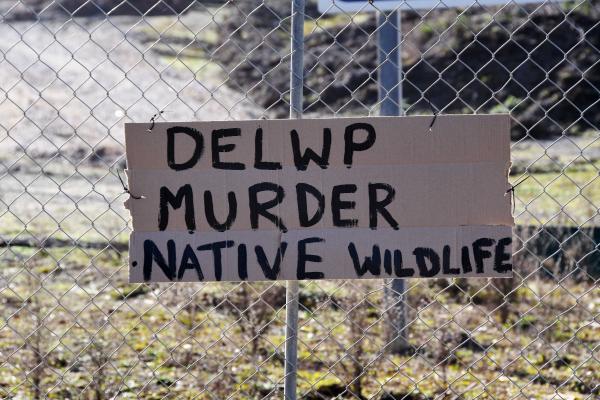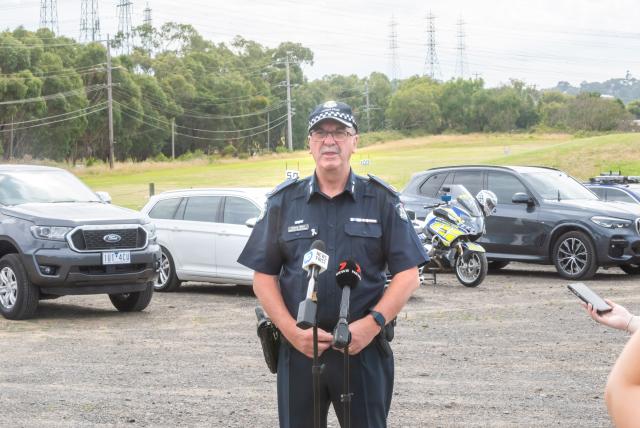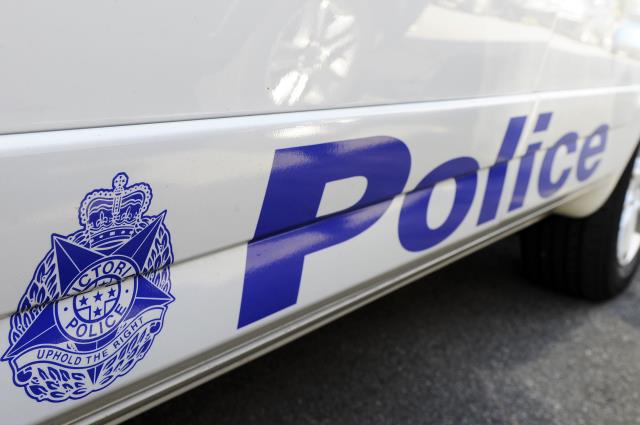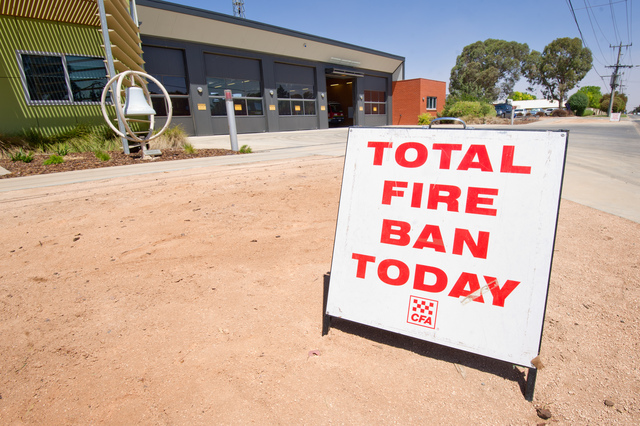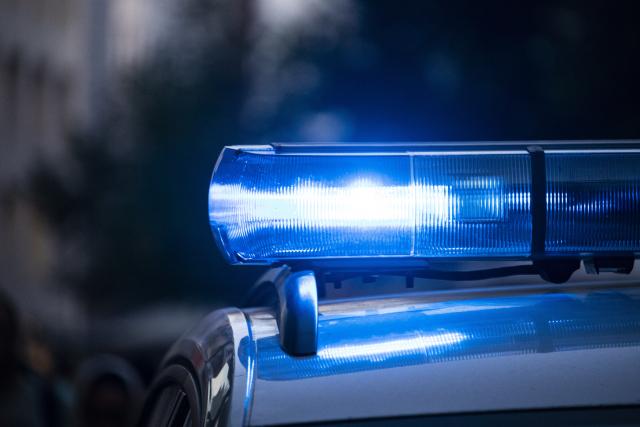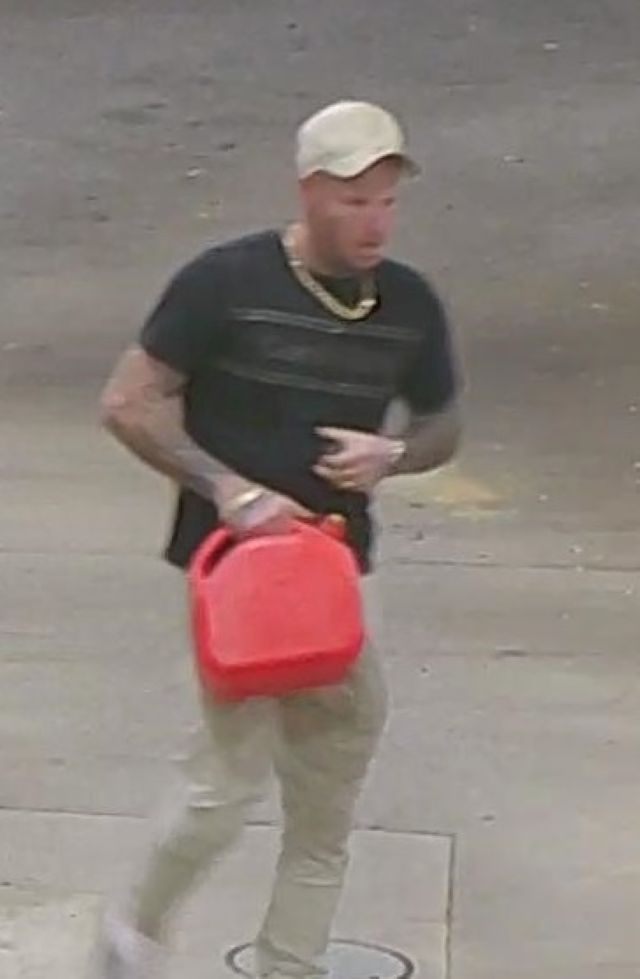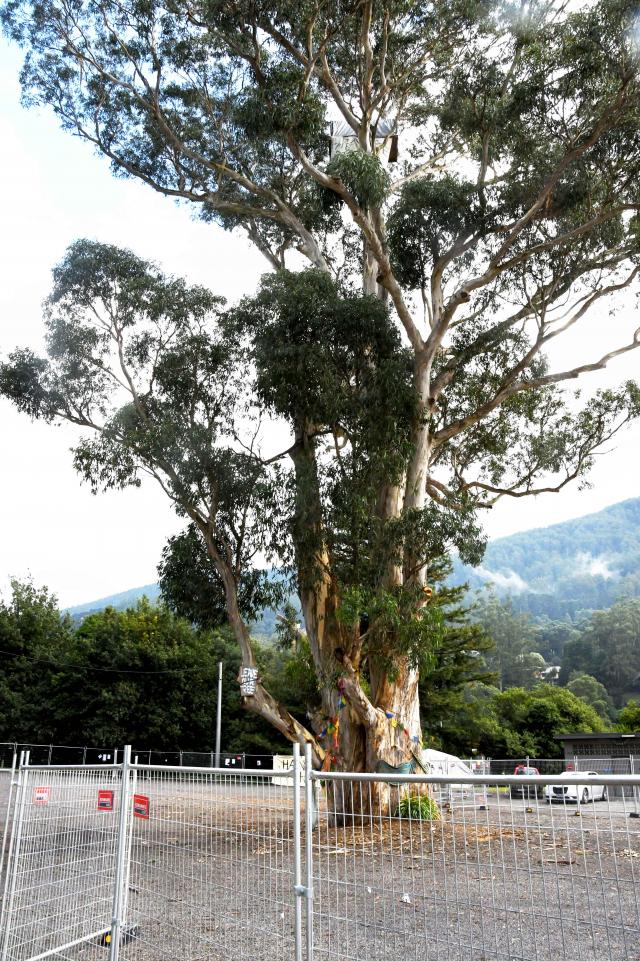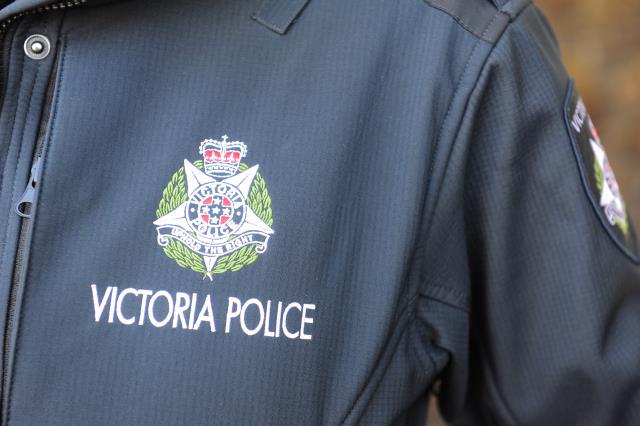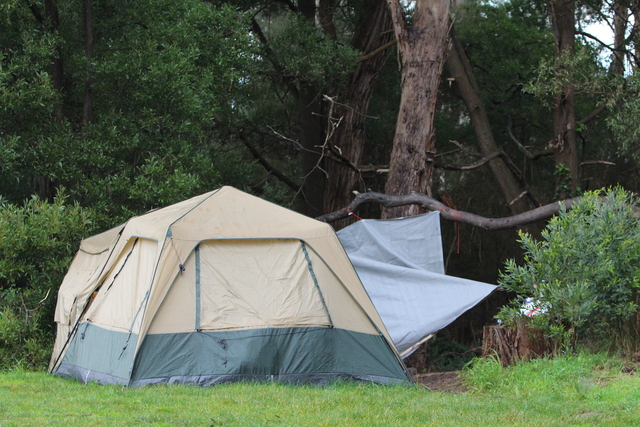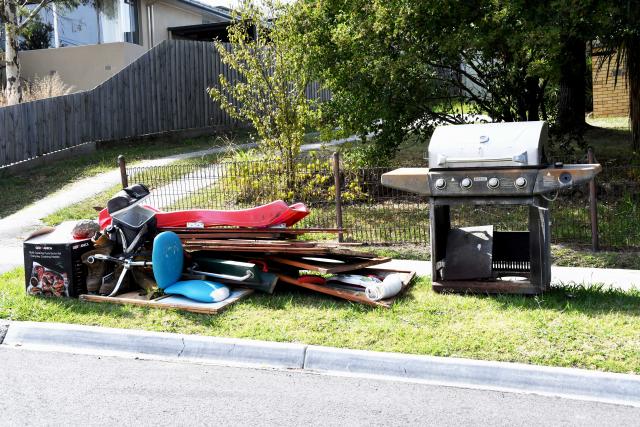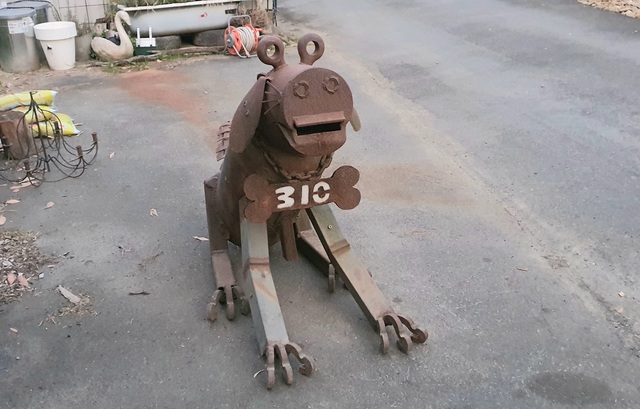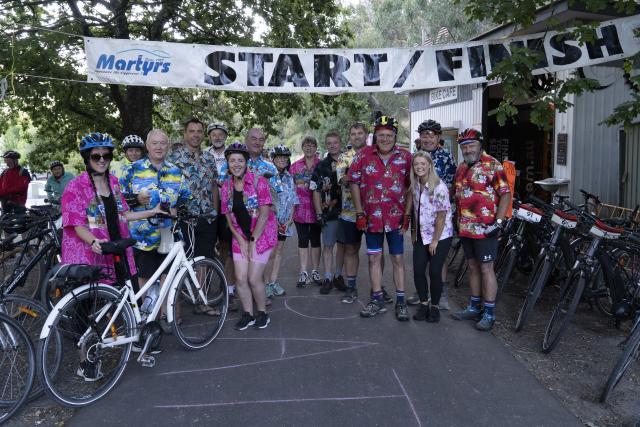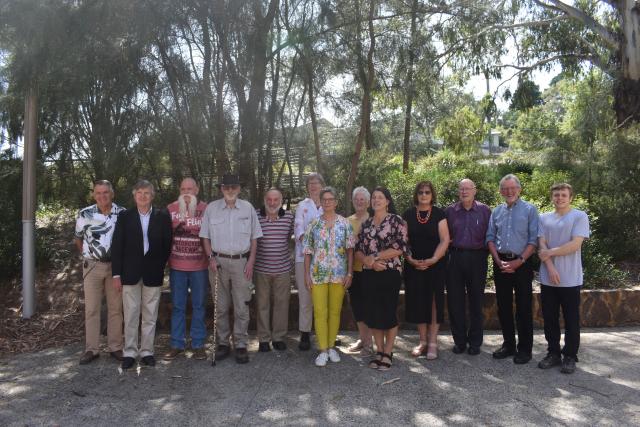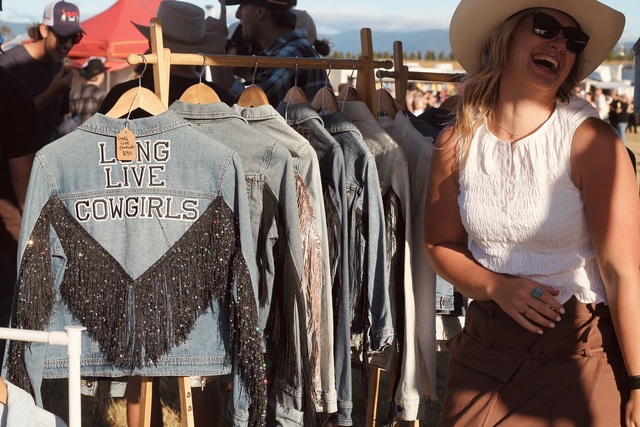A planned cull kangaroos scheduled for Thursday 30 July at Kinley Estate was delayed following backlash from nearby residents.
Around 40 Eastern Grey Kangaroos, who have made the former Lilydale quarry site home, have been spared until at least Tuesday 4 August as the State Government is pushed into finding an alternative solution for the animals, who will soon make way for the new Kinley Estate development.
Some residents in Mooroolbark and Lilydale received letters from the Kinley management team outlining that the Department of Environment, Land, Water and Planning (DELWP) had authorised for the culling to take place.
The letter stated that while methods of site management, fertility control and translocation had been considered, DELWP believed killing the kangaroos was the “most humane method of dealing with the welfare of the local kangaroo population”.
A DELWP conservation regulator spokesperson told Star Mail the application for an Authority to Control Wildlife had been approved by the Conservation Regulator back in August 2019.
“The Conservation Regulator is aware of community concerns around the permit, however it is satisfied that the authorisation is necessary for the site,” the spokesperson said.
“Kangaroos when translocated by humans, suffer significant stress and have shown to experience high levels of mortality in some cases this has been greater than 40 per cent.
“Release of an animal at a new site, is likely to cause further stress as a result of being in unfamiliar surroundings, potential territory disputes with existing kangaroo populations as well risks associated with disease transfer.
“Kangaroos have also been known to attempt to find their way back to their original location, which may pose additional risks to both animals and the community.”
Intrapac Property COO Maxwell Shifman said they exhausted other avenues for the Kinley site, including relocation, but they were ultimately rejected by DELWP.
“We have delayed it temporarily. We have got some people having another go at trying to change DELWP’s mind on relocation being viable. We’re going to let that process run for a few more days to see what happens, but it would take intervention from the minister for anything to change.
“We’ve always said we don’t want to be shooting them, it’s the only thing we can do under the law … We have exhausted every possible alternative.
“I’ve had personal attacks against me and my family via social media and email all for complying with the law. As much as people want to do the right thing by the animals, some have forgotten their humanity in the process.
Mr Shifman urged those angered by the cull to lobby the department and the minister.
Dr Emma Cash, owner of Montrose’s Bungalook Wildlife Sanctuary, slammed the decision by DELWP, stating the department knocked back offers to rescue the animals.
“DELWP has no desire to save our native wildlife,” she said.
“I’m not entirely sure about how being dead is less stressful than being relocated.”
Dr Cash has a doctorate in zoology and has undertaken research on endangered marsupials. She said DELWP has opted to take “the easy way out.”
“If handled correctly with the right personnel and veterinary staff it (re-location) can be done,” she said.
“I won’t deny that it will be stressful, but I’m not sure how a couple days of stress for these animals is trumped by death.
“We’re talking about 30 animals with joeys in their pouches. Those joeys will have their skulls crushed using blunt force trauma.”
The letters from Kinley, dated 28 July, stated that culling would commence “in the next few days”, giving those who oppose the action little time to act.
Ms Vallence said the late notice allowed DELWP to ‘Keep the local community in the dark’ on the controversial plan.
Mount Evelyn resident Shannen Jones created a petition, gaining over 11,000 signatures for those pushing back against the cull.
“I’d rather see them move to places that have lost their population of kangaroos from recent bushfires so that they can breed and replenish what they have lost,” Ms Jones said.
“It’s just a more humane option than what they have chosen.”

